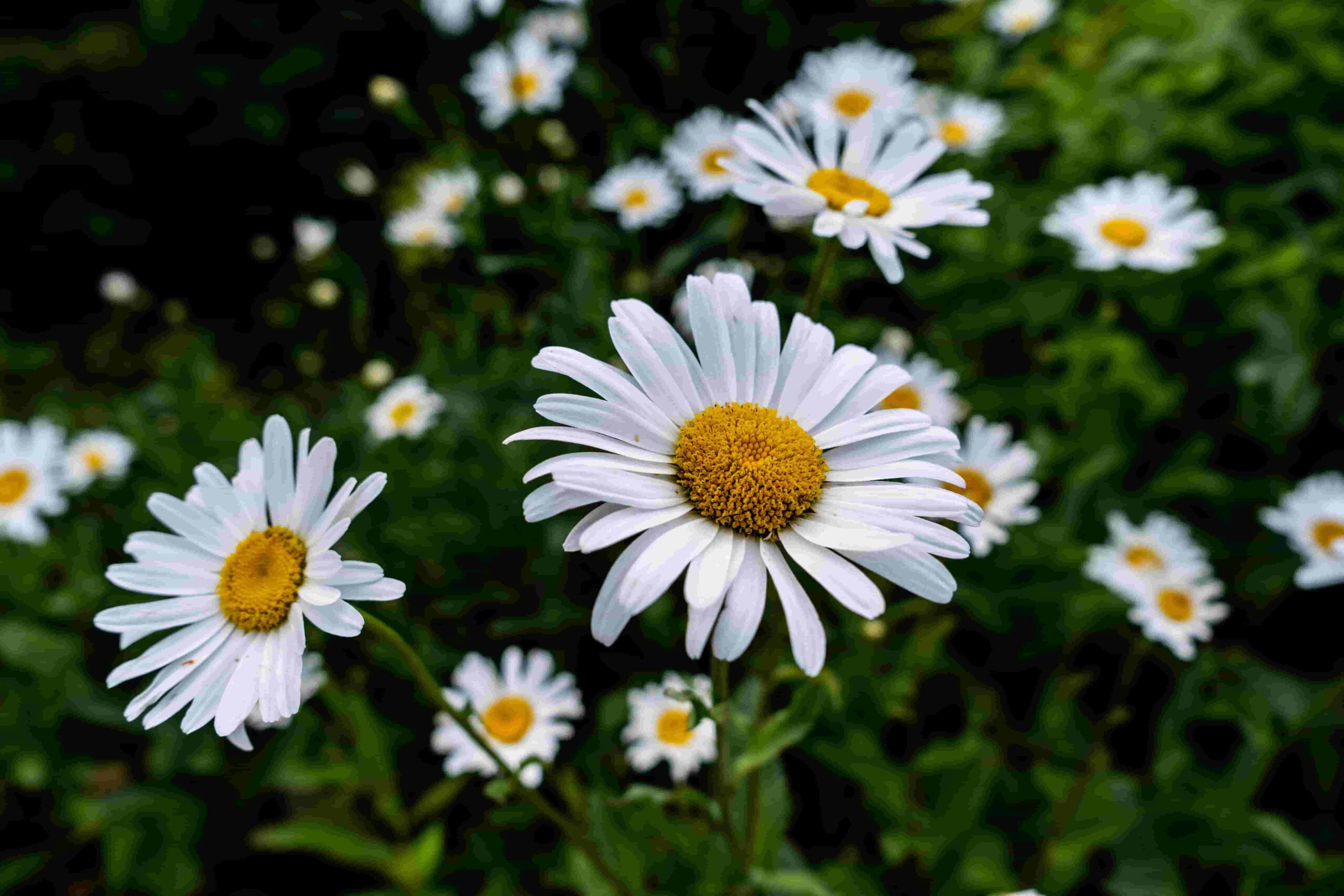विषयसूची
- 1. Introduction
- 2. The Meaning and Symbolism
- 3. Types of Daisies
- 4. How to Grow Daisies in Your Garden
- 5. The Care and Maintenance of Daisies
- 6. Daisies in Art and Literature
- 7. Health Benefits
- 8. Daisies in Floral Arrangements
- 9. Daisies in Wedding Decorations
- 10. Daisies as a Source of Natural Remedies
- 11. Fun Facts About Daisies
- 12. Daisies in Popular Culture
- 13. The Future of Daisies
- 14. Conclusion
- Frequently Asked Questions (FAQs)
1. Introduction
Daisies, with their delicate beauty and timeless appeal, are among the most beloved flowers in the world. Known for their vibrant colors and distinct petals, they have captivated hearts for centuries. Their significance and symbolism, varied varieties, how to grow and care for them, their appearance in literature and art, their health advantages, and their various applications in floral arrangements, weddings, and natural treatments are all covered in this article.
2. The Meaning and Symbolism
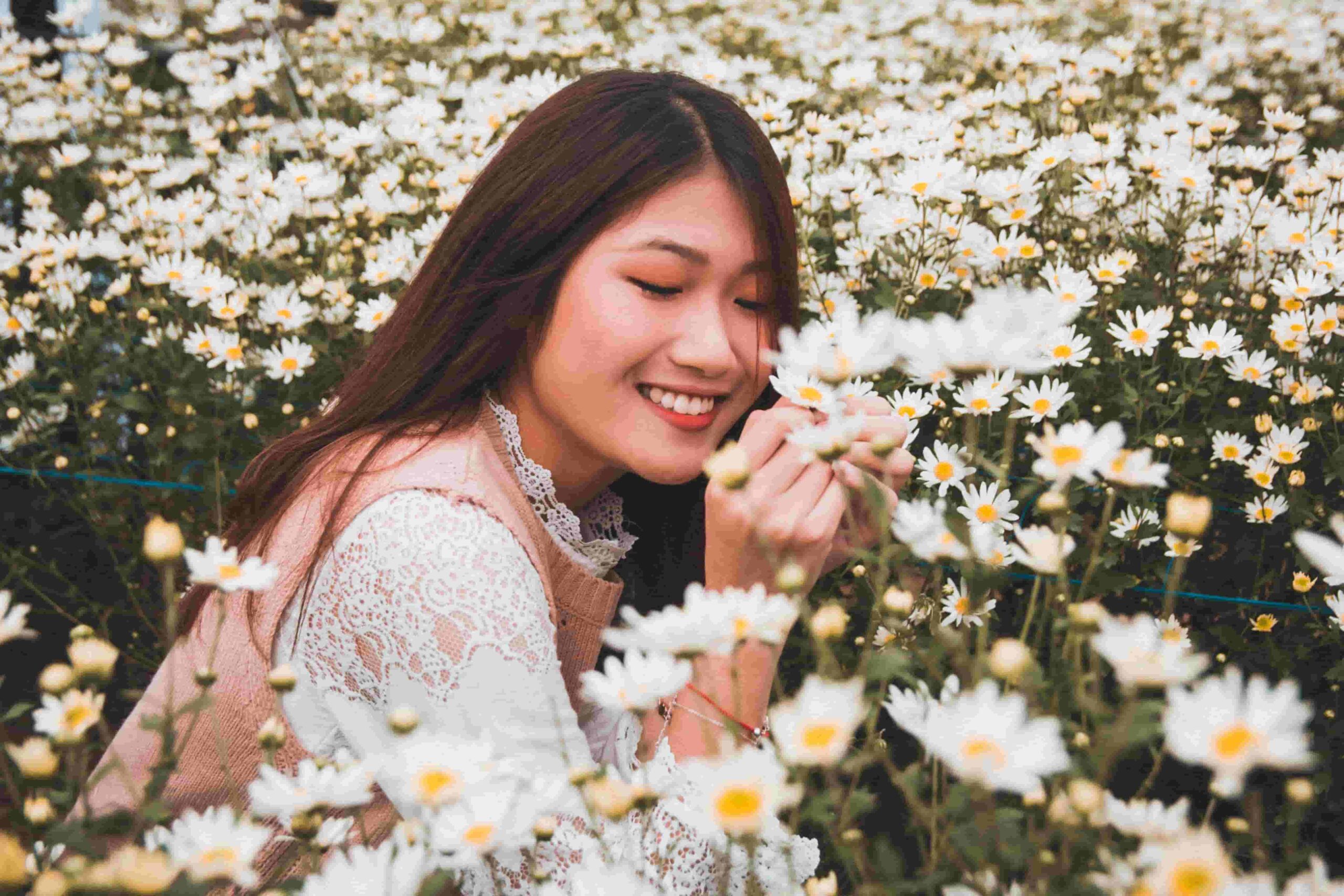
Daisies have deep symbolism in various cultures across the globe. The most common symbolism associated with them is innocence and purity. These flowers are often associated with new beginnings, youthfulness, and a sense of freshness. In some folklore, they are believed to possess magical powers, bringing good luck and warding off evil spirits. The simplicity and charm of daisies also make them a symbol of true love and loyalty.
3. Types of Daisies
They come in a wide range of varieties, each with its unique characteristics and beauty. Among the most well-liked varieties of daisies are:
- Shasta Daisy
- African Daisy
- Gerbera Daisy
- Oxeye Daisy
- English Daisy
- Painted Daisy
- Michaelmas Daisy
- Gloriosa Daisy
Each type of daisy exhibits different colors, sizes, and growth patterns, providing a diverse range of options for gardeners and flower enthusiasts.
4. How to Grow Daisies in Your Garden
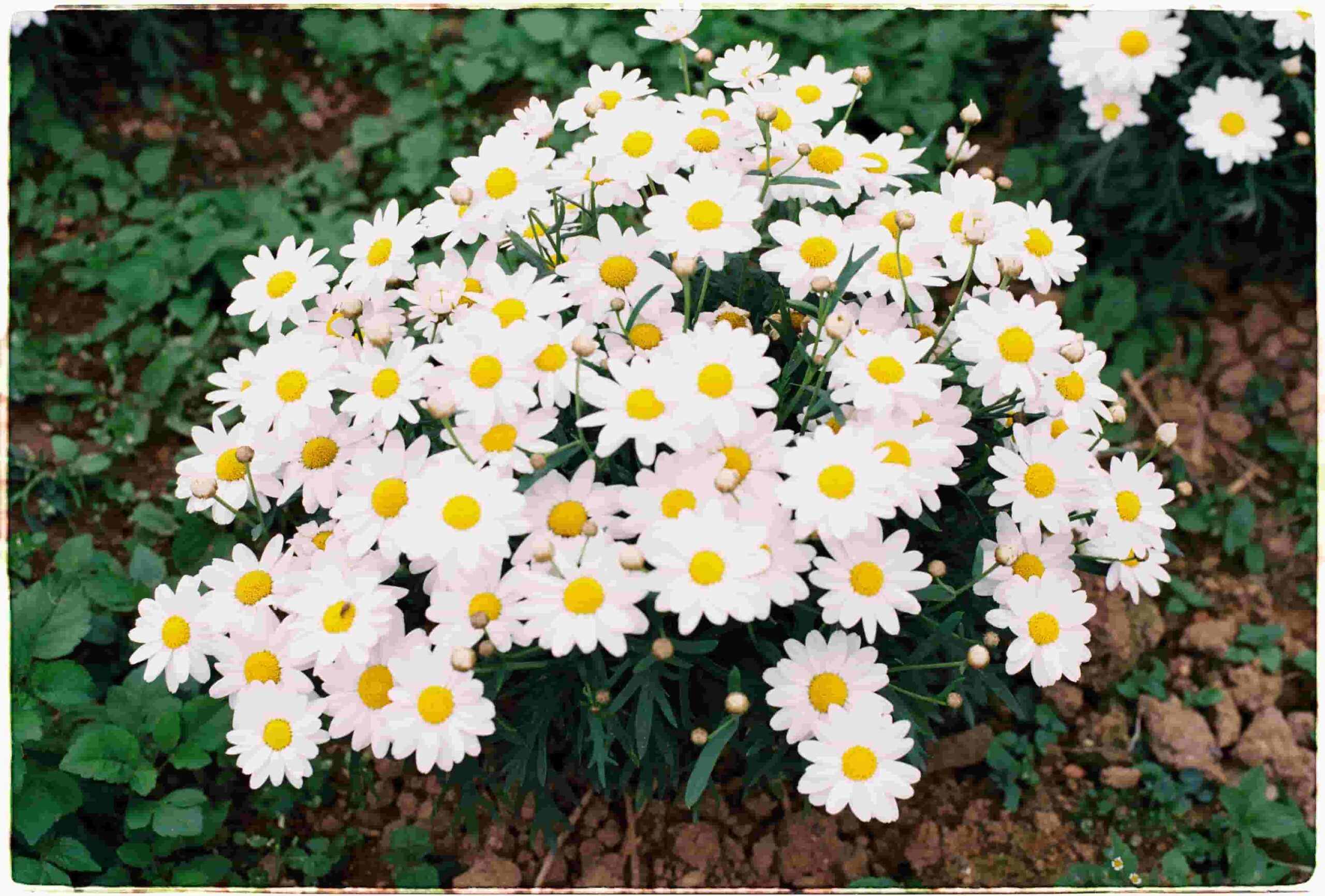
Growing daisy plants in your garden can be a rewarding experience. Here are the steps to cultivate these delightful flowers:
Step 1: Choosing the Right Location
Choose a spot in your garden where it gets plenty of sunshine and the soil drains well. Daisy plants flourish in direct sunlight but can also withstand a bit of gentle shade.
Step 2: Preparing the Soil
Get the soil ready by eliminating weeds and debris, then enhance it with organic materials like compost or thoroughly decomposed manure. Daisy plants prefer slightly acidic to neutral soil pH.
Step 3: Planting the Daisies
Plant daisy seeds or young seedlings in the prepared soil, following the spacing instructions specific to the daisy variety. Water the plants thoroughly after planting.
Step 4: Watering and Fertilizing
Consistently water the daisy plants to maintain soil moisture without saturating it. Fertilize the plants with a balanced flower fertilizer according to the package instructions.
Step 5: Pruning and Deadheading
To encourage continuous blooming, deadhead the faded flowers and prune the plants lightly after each blooming cycle. This will promote new growth and ensure a longer flowering season.
5. The Care and Maintenance of Daisies
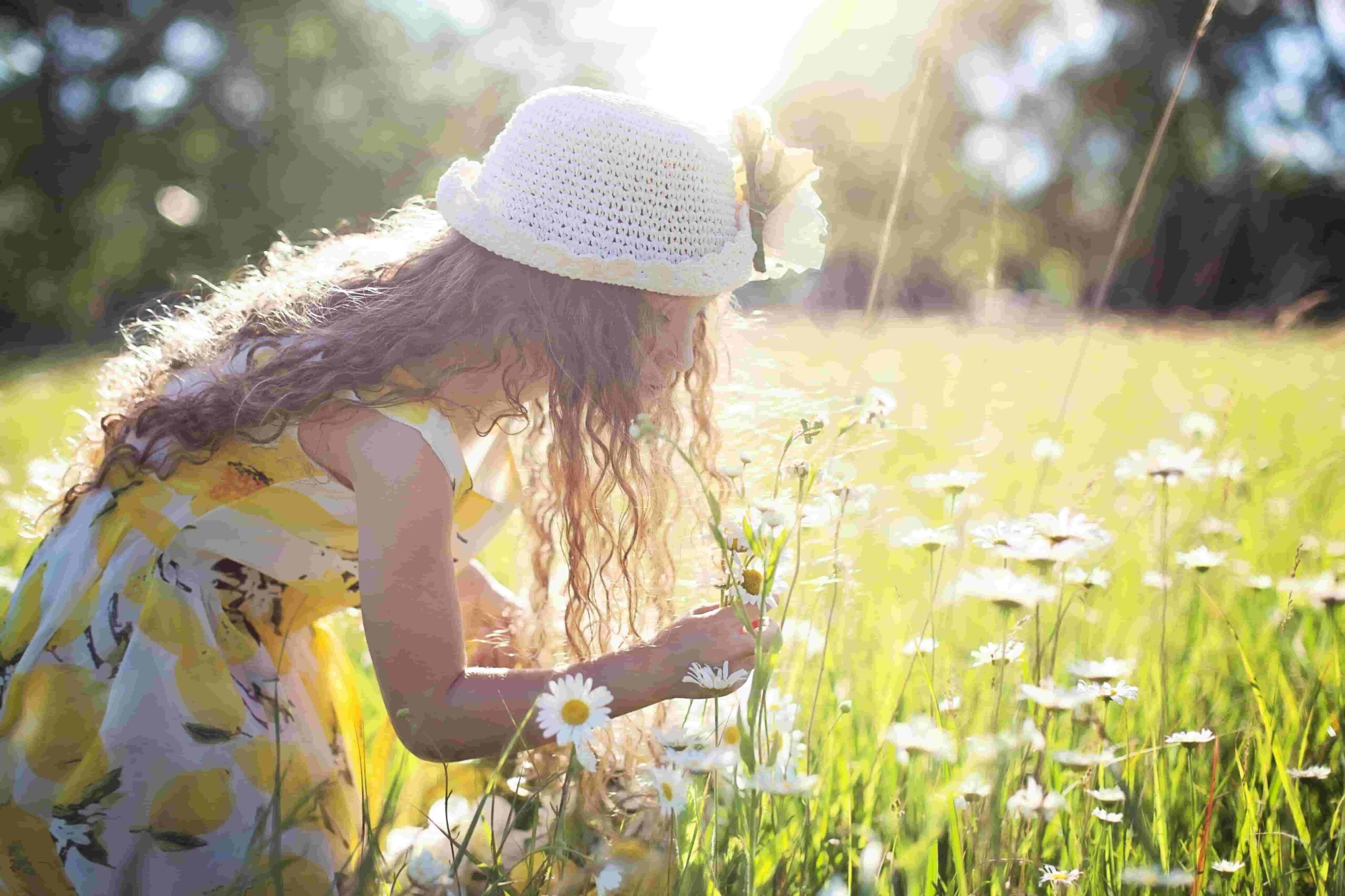
Daisies are relatively low-maintenance flowers. Here are some essential care tips to keep your daisy flowers healthy and vibrant:
- Water the daisy plant regularly, especially during dry periods.
- Mulch around the base of the plants to retain moisture and suppress weed growth.
- Keep an eye out for pests and diseases like aphids or powdery mildew and employ suitable measures to manage them.
- Divide the daisy plants every few years to prevent overcrowding and maintain their vigor.
6. Daisies in Art and Literature
Daisy flowers have long been an inspiration for artists and writers. In art, daisy flowers have been depicted in various paintings, representing beauty, purity, and the ephemeral nature of life. In literature, they have appeared in poems, novels, and plays, often symbolizing innocence, love, or the cycle of life. One of the most famous references to them is found in Shakespeare’s play, “Hamlet,” where Ophelia speaks of daisies and their symbolic significance.
7. Health Benefits
Apart from their aesthetic appeal, daisies offer several health benefits. These include:
- Soothing properties: They have been traditionally used to soothe skin irritations, such as rashes or insect bites.
- Anti-inflammatory effects: Certain compounds in daisies exhibit anti-inflammatory properties and may help reduce inflammation.
- Digestive aid: They have been used in herbal remedies to aid digestion and alleviate stomach discomfort.
- Stress relief: The calming scent of daisies can help reduce stress and promote relaxation.
8. Daisies in Floral Arrangements
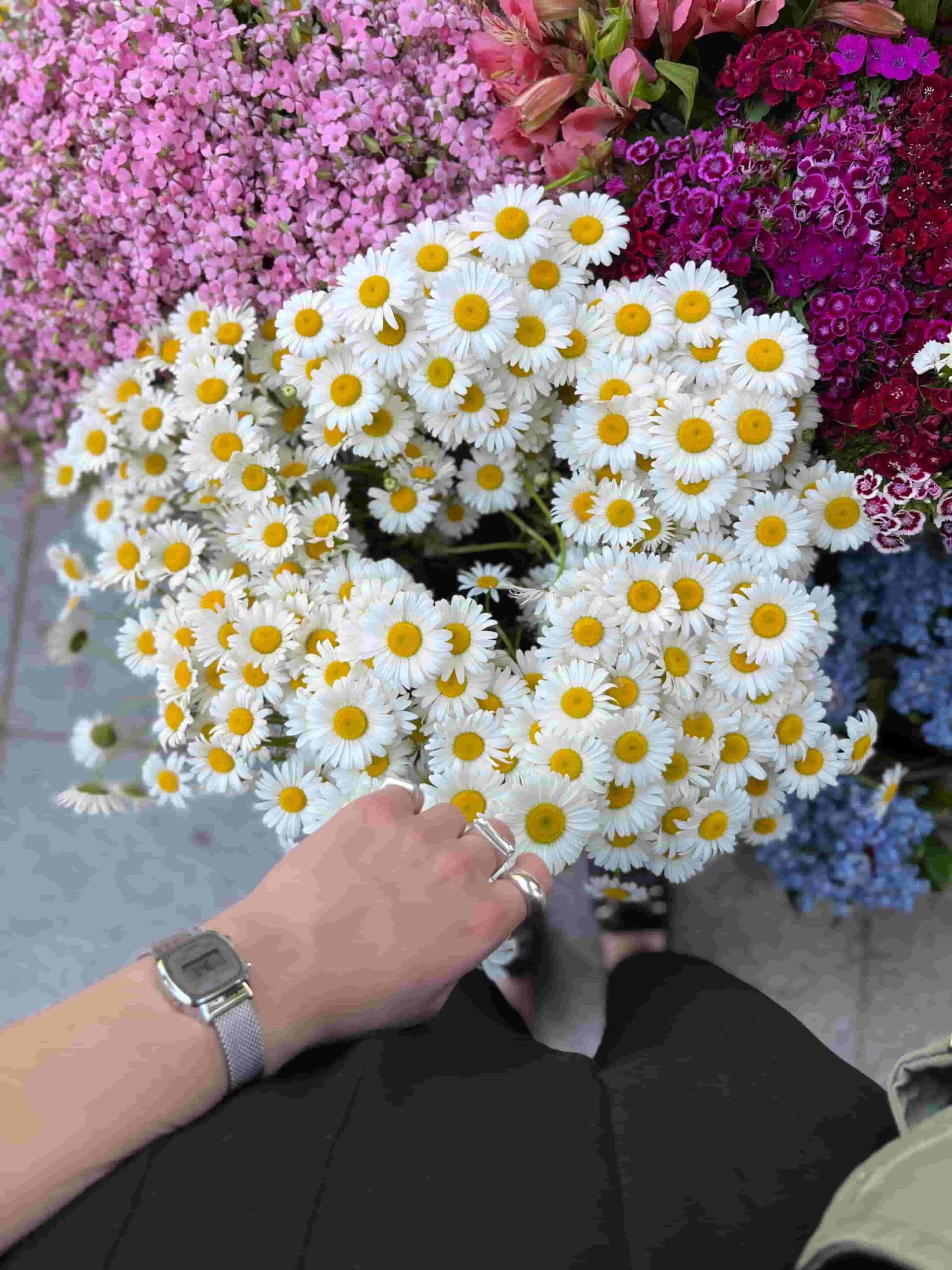
Daisy flowers are popular choices for floral arrangements due to their versatility and availability. Their vibrant colors and cheerful appearance make them suitable for various occasions, from casual gatherings to formal events. Daisy flowers can be combined with other flowers or used alone to create stunning bouquets, centerpieces, or wreaths.
9. Daisies in Wedding Decorations
Daisy flowers add a touch of natural beauty and simplicity to wedding decorations. They are often used in bridal bouquets, boutonnieres, and floral arrangements for their charm and elegance. They can complement different wedding themes, from rustic country weddings to romantic garden ceremonies.
10. Daisies as a Source of Natural Remedies
Throughout history, daisies have been utilized for their medicinal properties. Various parts of the daisy plant, such as flowers, leaves, and roots, have been used in herbal remedies. They have been associated with benefits such as soothing skin conditions, promoting healthy digestion, and easing respiratory discomfort. It is important to note that consulting a healthcare professional is advisable before using daisies for medicinal purposes.
11. Fun Facts About Daisies
- Daisy plants belong to the Asteraceae family, which is one of the largest families of flowering plants.
- The name “daisy” is derived from the Old English word “dægesege,” meaning “day’s eye.”
- Daisies are composite flowers, meaning they are made up of several smaller flowers clustered together to form a single bloom.
- The petals of daisies are actually individual flowers called florets.
- Daisy flowers attract pollinators such as bees and butterflies, contributing to the ecosystem’s health.
12. Daisies in Popular Culture
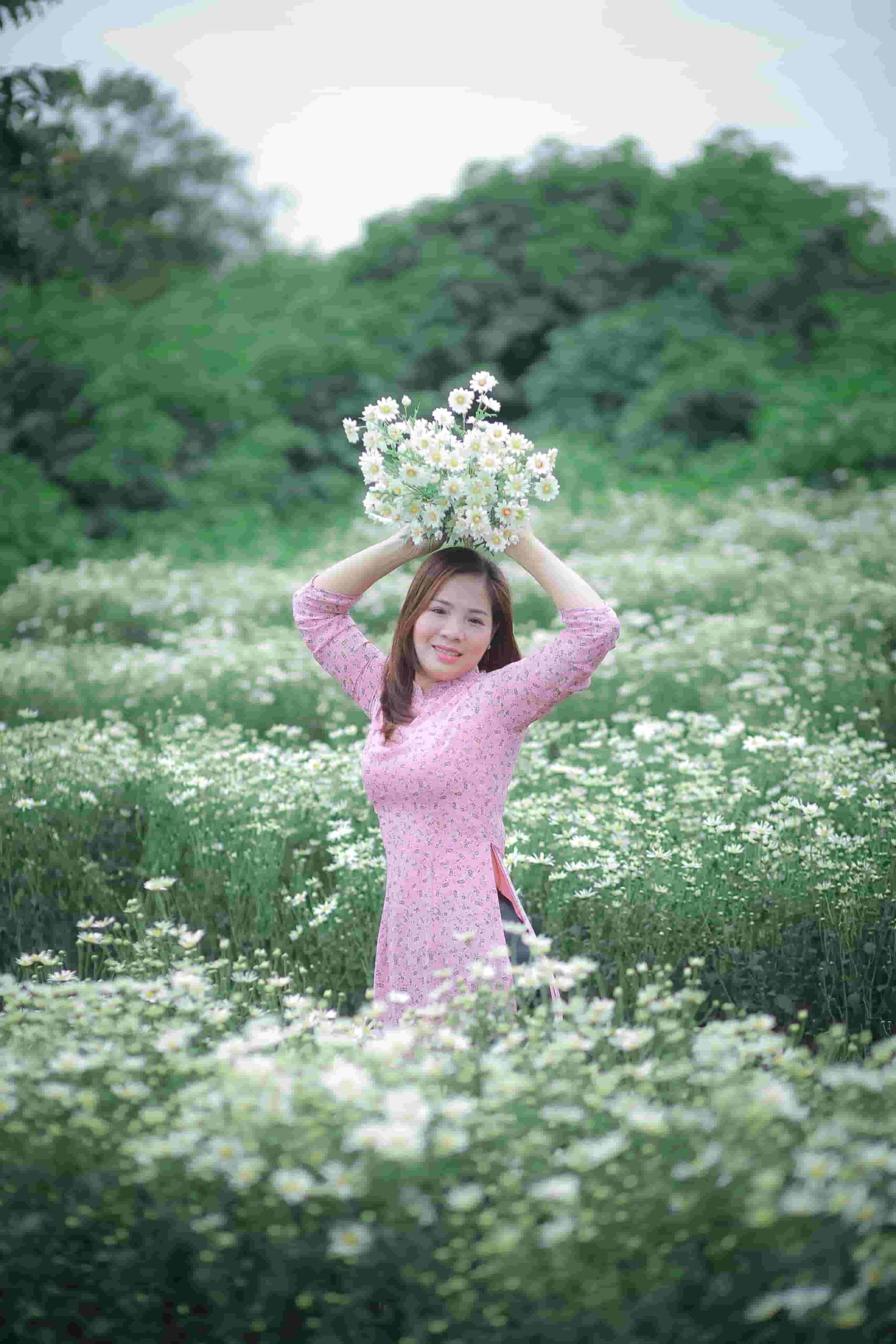
They have made appearances in popular culture, becoming a symbol of beauty, purity, and innocence. They have been featured in songs, movies, and TV shows, often representing love, youthfulness, or a carefree spirit. One notable example is the famous song “Daisy Bell,” which has been covered by various artists over the years.
13. The Future of Daisies
As timeless flowers, daisies will continue to hold a special place in the hearts of people around the world. With the growing interest in gardening and floral arrangements, the demand for daisy flowers is expected to remain strong. Furthermore, their symbolic meaning and health benefits ensure their relevance in various cultural and therapeutic practices.
In terms of conservation, preserving natural habitats and protecting pollinators like bees and butterflies is crucial for the future of daisies. By maintaining a healthy ecosystem, we can ensure the sustainability of these beautiful flowers for generations to come.
14. Conclusion
Daisies, with their delicate petals and vibrant colors, bring joy and beauty wherever they bloom. From their symbolism of innocence and purity to their presence in art, literature, and various cultural practices, they hold a special place in human culture. Whether you choose to grow them in your garden, use them in floral arrangements, or appreciate their health benefits, daisies continue to enchant us with their timeless allure.
In conclusion, daisies are more than just beautiful flowers. They hold deep symbolism, offer health benefits, and inspire creativity in art and literature. Whether you admire them for their innocence, enjoy their vibrant presence in your garden, or incorporate them into various aspects of your life, daisy flowers will continue to capture hearts and spread joy with their simple yet captivating charm.
Frequently Asked Questions (FAQs)
Q1: Can daisies grow in different climate conditions?
Yes, daisy plants are adaptable and can grow in various climate conditions. However, specific daisy varieties may have preferences for certain climates. It is advisable to choose daisy types that are suitable for your local climate.
Q2: Are daisies prone to any diseases or pests?
While daisy plants are generally hardy, they can be susceptible to certain diseases like powdery mildew or pests like aphids. Regular monitoring, proper care, and timely intervention can help prevent and manage these issues.
Q3: Can I use daisies for homemade skincare remedies?
Yes, they have soothing properties and can be used in homemade skincare remedies. However, it is essential to conduct a patch test and consult a dermatologist if you have any specific skin concerns or allergies.
Q4: Do daisies have a fragrance?
Most daisy varieties have a subtle fragrance, which is often described as fresh, sweet, or slightly floral. However, the scent can vary between different types of daisy flowers.
Q5: Are daisies toxic to pets?
They are generally considered non-toxic to pets like dogs and cats. However, it is always best to supervise your pets around plants and consult a veterinarian if you suspect any ingestion or adverse reactions.

